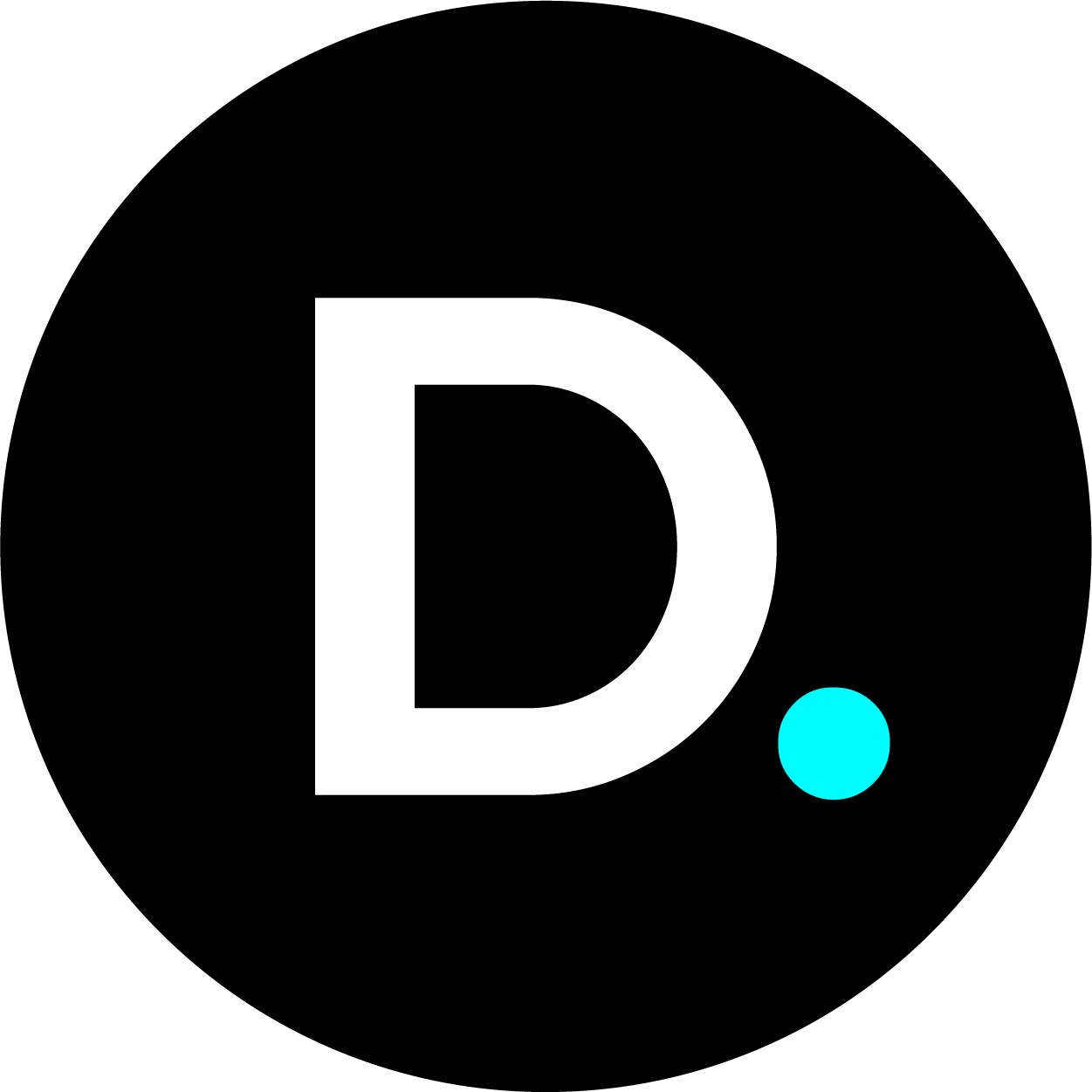Dominating the interview process
Highlight reel
Practice, practice and more practice, don’t just rock up and expect to get the job. That would be like Odell Beckham Jr turning up at the Superbowl and saying “I might try one-handed catches for the 1st time today”
Show off your personality. Who would you rather hire for your graduate scheme, Michelle Obama or Groot from Guardians of the galaxy? Well, one of them has the best personality ever and the other is a tree who repeats himself constantly
Do your research and bring something new to the table. Spider-man wouldn’t go for an interview with the Avengers without finding out about Thanos and that the team needed creativity and some outside the box thinking to save the planet
Use our interactive interview guide to prep for your next interview!
Set yourself up for success
A great book to read to help with the interview process is Robert Cialdini’s Influence, an iconic psychology book examining key ways people can be influenced. Let’s draw on one of his principles to set ourselves up for the perfect start to an interview. Early on or even right at the beginning of the interview ask the interviewer why they choose to invite you to the interview. We’re drawing on the consistency principle which states that once people make a decision they face interpersonal pressure to behave consistently. In order to answer this question, the interviewer needs to create a positive perception of you in her mind, sub concisely she will want to reinforce this perception throughout the interview. This is also great because if she says “we thought the attention to detail you displayed in this previous job might make you a fantastic fit” now you can double down on attention to detail and tell her about 2 other instances where you showcased exceptional attention to detail which weren’t covered in your CV.
Research
Before you get to the interview, do your research on the company’s website and on other resources such as glassdoor, rate my placement and thejobcrowd. Find out: the company’s core values, what makes them unique, their core strategy and main challenges/competitors. These are all topics the recruiter could question you on. It’s important for you to find out how well you align with their core values if you align well highlight this in your answers and give examples of when you’ve displayed this. If not, rethink whether this is the right place for you. Finally, remember, they’re interviewing you but you’re also interviewing them so don’t settle for less.
Bring something new to the table
Literally! One interview life-hack you’ll wish they taught you on the first day of uni is called ‘The Briefcase Technique’. This will very likely be outside of your comfort zone and take a bit of time and energy but you can decide how badly you want the job. Create something that the employer can use for free. This could be an article they could use, some valuable market analysis, or an alternative proposition or marketing campaign targeted at students they haven’t thought of.
Worst case scenario, they say thank you and don't do anything with it, best case scenario they're impressed and it helps you get a job. The hiring manager is considering how much she has to train you - show her a snippet of what you can do already by yourself. This could be something you bring with you to the interview or simply email before or afterward. By doing this we're standing out from the crowd and adding value for nothing.
Top interview questions (and what they actually mean)
Much in the same way you should approach your CV, answer interview questions in a concise way and use concrete examples
Why should we (use our limited and valuable resources) to hire you?
Example answer: I understand that optimisation is a key focus for your organisation at present. In my previous role, I was able to streamline the online order process, improving the completion rate by 5%. I believe I can apply this same approach to X.
Why do you want to work here (or did you just make loads of applications)?
Call out specific brand values that align well with your own and give specific examples to prove this. Consider things they have done recently that impress you, maybe they’ve launched a new product which you’re passionate about and want to help grow.
Tell me a time when you’ve been part of a team, showcased creativity/innovation, been in a challenging situation and turned it around (to help me justify adding you to my team)?
The key to preparing for this question is to list examples from a range of different environments (uni, work, sport, music etc.) where you’re proud of what you accomplished and believe could transfer well. But don’t just answer the question, take it a step further and tell them how you might approach this situation in the future or suggest how your new-found skill might be beneficial to them if you’re hired.
Generally, with your answers don’t simply address the question. Address it and then add further value to push you over the top.



